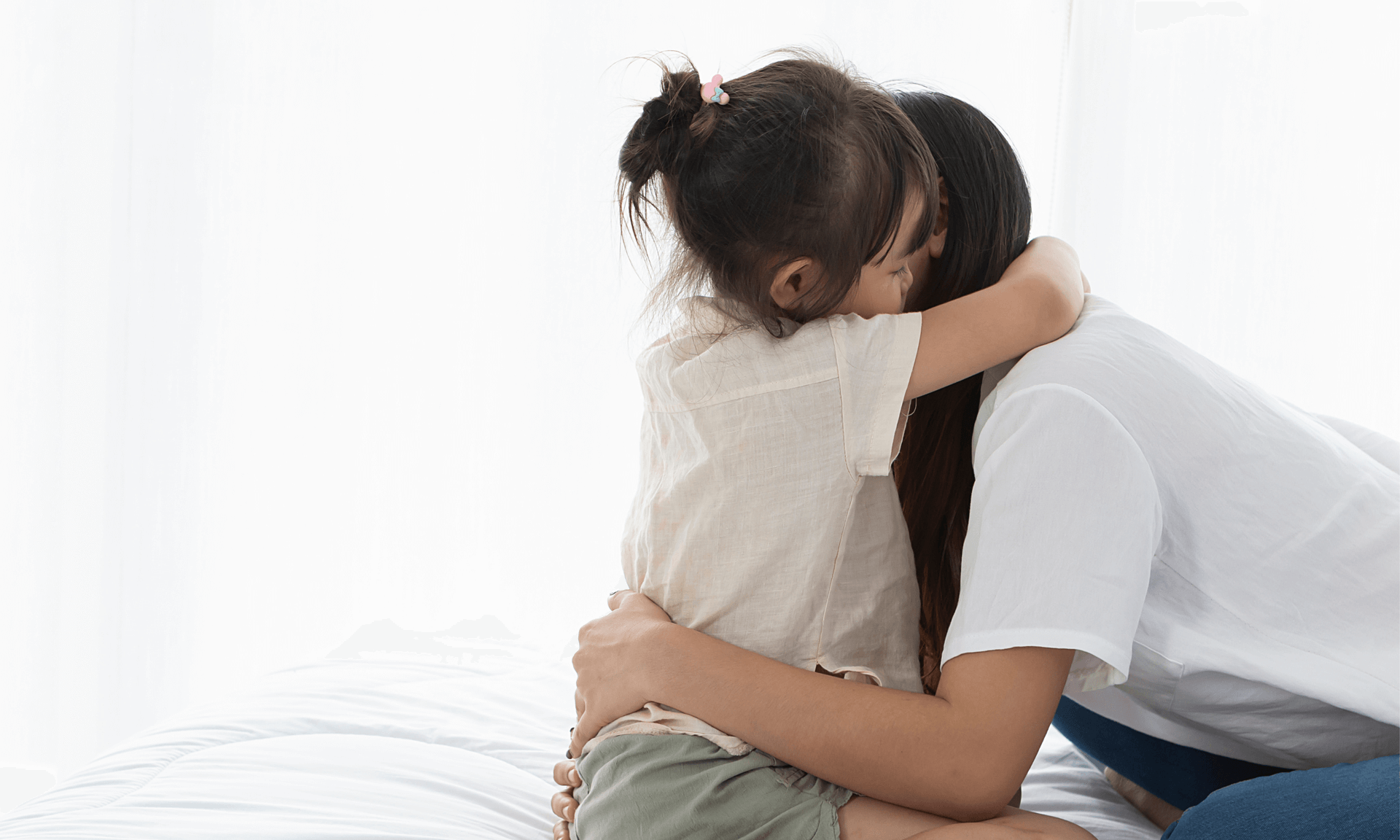Family separation can be a very stressful time for everyone involved, whether that’s the parents, family, or children. And it’s made harder when there’s ongoing negative conflict, feelings of anger, or ongoing bitterness. Ongoing conflict may lead to partners, parents, and children experiencing poor mental health and the impact can last generations.
We can tend to think of ‘conflict’ as the rarer, difficult separations, rather than the norm. Maybe those that only impact 1% of separating families and couples. But this is far from the case. Research by Relationships Australia found that up to 1 in 5 family separations experience significant conflict.
As we recognise World Mental Health Day, let’s have a real conversation about the life events that can affect all of us. Children and adults can thrive after families separate, but they can also struggle. When life is hard, it’s important to know how serious the implications can be on our mental health, but also, there is always hope for a more positive outcome.
The Stats Around Separation
Between 10 and 20% of separating and separated parents experience significant conflict regarding their children, finances, or property. Where there is conflict (and especially if the conflict remains unresolved or is hostile), there is more likely to be elevated mental health issues.
We don’t think about relationship counselling or post-separation services as “mental health support”. But across 3 studies by Relationships Australia (spanning 2500 parents), up to 28% reported “very high mental health distress”.
The research shows a clear and direct correlation between sustained negative conflict and increased feelings of mental health distress. And with this affecting such a significant portion of those separating, we need to be more proactive in protecting the mental health of everyone involved, whether that’s the grown-ups or children.
The Causes of Conflict
While we can agree there’s a pattern, it’s not fair to say that separation causes conflict. In fact, separation can be an important step towards alleviating conflict.
Across several studies into separations, we have learned that conflict between separating and separated partners can stem from:
- Disagreements around children, finances, or property
- Difficulty managing feelings of loss
- Changes in social networks
- Changes in financial and parental responsibility.
We’ve also learned that children’s adjustments and mental health can be directly predicted by their parents’ adjustments to the separation, and their parents’ mental health.
In the short term, children exposed to hostile and unresolved parental conflict report higher rates of academic and learning issues, anxiety, stress, depression, and social/communication issues.
Over the long term, those same children are more likely to experience mental health illness, relationship difficulties, attachment issues, employment concerns, or health issues.
The Potential Positives
Our approach to separation influences our mental health. And thankfully, there are a few steps that research shows can help separating people cope better with this stressful life event:
- Healthy relationships – Research suggests that maintaining healthy relationships with friends and family, and developing new social connections, is associated with more positive adjustments through separation.
- Adjusting to new roles and identities – Mental health is improved when parents can find positive, clear and purposeful new identities and roles as separated co-parents.
- Maintaining physical health – Eating well, exercising, and getting quality sleep can have a large influence on mental wellbeing.
- Proactively alleviating financial stress – Seeking financial guidance, or developing a new budget, can help reduce stress and conflict around money.
- Meeting the children’s needs – As children adjust to separation, they will often need a lot of time and space to share their feelings, and plenty of reassurance the separation wasn’t their fault. Children tend to thrive when their parents offer warmth, support, developmentally appropriate supervision and structure, and responsive care.
- Open, respectful communication – Whether it’s how partners communicate to each other, or about each other to their children and other people, or how parents speak with their children, the power of respectful communication cannot be underestimated. Modelling respectful communication and constructive ways to manage disagreements between adults, can significantly improve outcomes for children.
The Hope for Mental Health Outcomes
While every family separation will differ, there are multiple solutions that can help increase the likelihood of positive outcomes for everyone’s mental health. Particularly if there are feelings of anger or hostility lingering between ex-partners, or there is unresolved conflict between parties.
Family and relationship counselling
Couple-based interventions, such as counselling, can have a profoundly positive effect on either (or both) partner/s mental health, including depression, anxiety, post-traumatic stress, or even addiction.
Post-separation services (such as Family Dispute Resolution)
Where conflict might arise and parents are unable to amicably co-parent or agree on parenting plans, Family Dispute Resolution (FDR) can offer a cooperative, respectful solution, to help families minimise conflict.
As a form of mediation, FDR provides a space where the parents can lead the discussion and negotiations, with the guidance of a mediator. When compared to litigation, this approach increases rates of mutually acceptable parenting and property agreements. And with that, the rates of conflict and mental health distress tend to be minimised.
Let’s Normalise Separation Support for World Mental Health Day
It’s important to remember that family separation is a complex, stressful process for anyone. But the more significant correlation we see with negative mental health outcomes is when separations carry unresolved, hostile conflict.
Thankfully, even in the most complex and difficult of circumstances, there’s hope. Through systems like FDR and counselling, there’s always a way to offer children and adults a brighter outcome for their mental health.
The right support provided at the right time can set families up for generations of love, support, and positive mental health outcomes.






